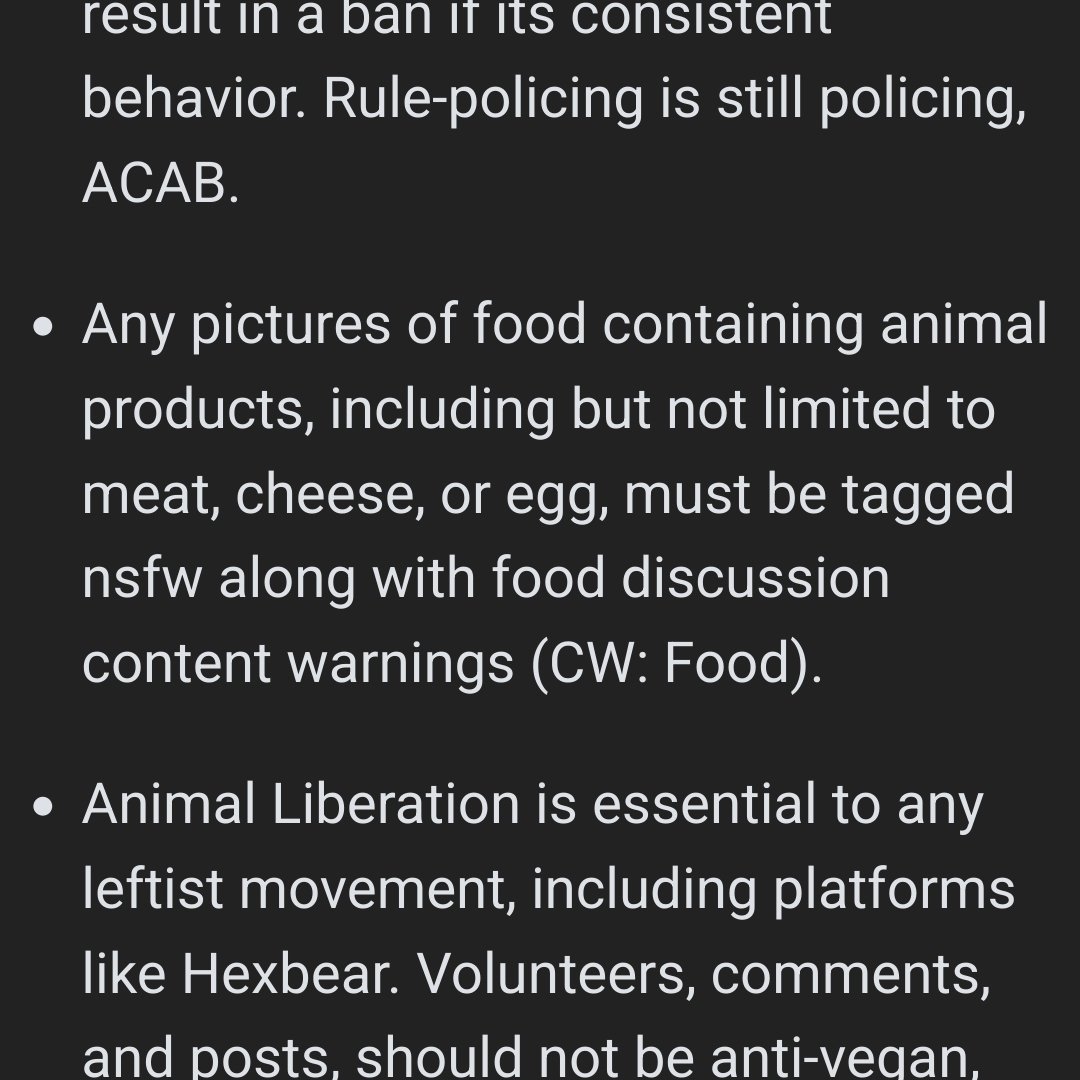

The TLDR version is that the old leadership was corrupted and misappropriating funds for personal uses. There were several lawsuits and the old leadership has been mostly ousted. The new leadership are trying to reform the organization to prevent abuse of the prior administration from returning.
They are still around at a reduced role. Other groups have popped up like GOA (Gun owners of America) and FPC (Firearms Policy Coalition).












Have you seen Canadian house prices?